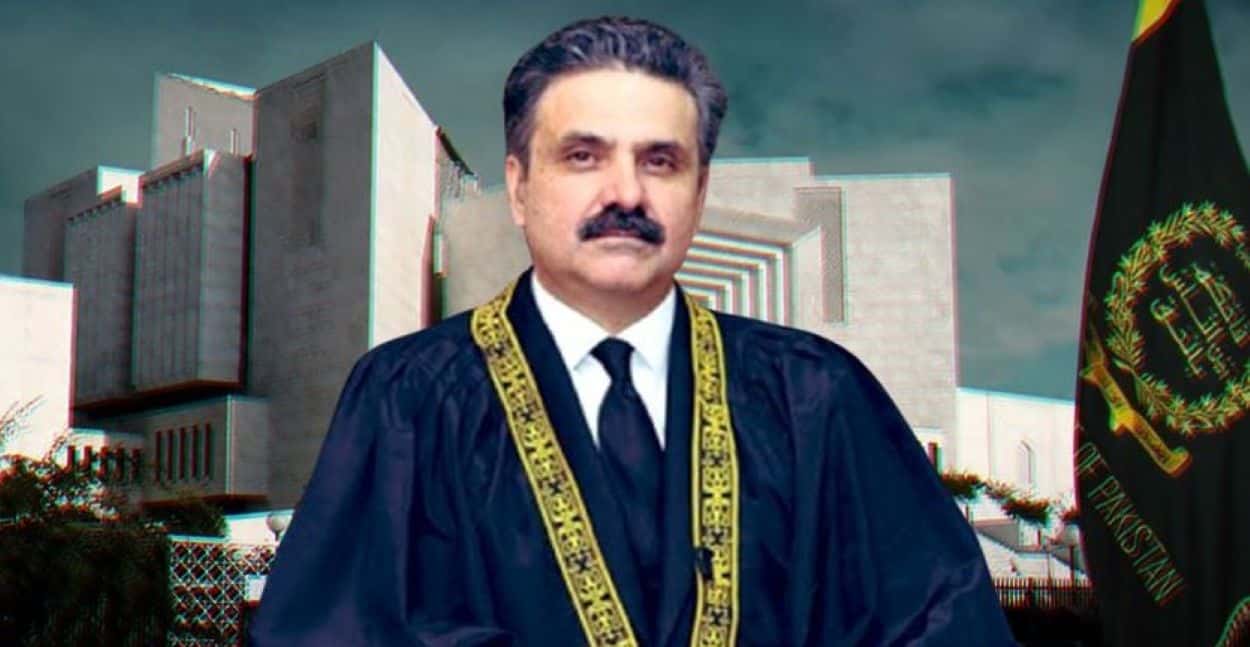Justice Yahya Afridi, poised to become Pakistan’s next Chief Justice, was born in Dera Ghazi Khan on January 23, 1965. His appointment has progressed, with a special parliamentary committee endorsing him by a two-thirds majority. The Prime Minister now reviews his nomination for final confirmation.
Justice Afridi’s legal career showcases extensive contributions at both provincial and federal levels. His education began at Aitchison College, Lahore, followed by a Bachelor’s degree from Government College, Lahore, and a Master’s in Economics from the University of Punjab. Further enhancing his qualifications, he earned an LL.M. from Jesus College, Cambridge University, on a Commonwealth Scholarship.
Starting his legal practice in 1990, Justice Afridi moved from advocating in high courts to the Supreme Court of Pakistan by 2004. He served as the Assistant Advocate General for Khyber Pakhtunkhwa, gaining deep insights into regional legal issues.
Read: Justice Yahya Afridi Picked as Pakistan’s Next Chief Justice by Parliamentary Committee
Appointed as an Additional Judge of the Peshawar High Court in 2010, his capabilities led to a permanent position there by March 2012. He became Chief Justice of the Peshawar High Court on December 30, 2016, dealing with high-profile cases and earning respect for his integrity.
His Supreme Court tenure began on June 28, 2018, and he contributed to significant cases. He was on the bench in the reserved seats case for the Sunni Ittehad Council. He reviewed the presidential reference against the hanging of former prime minister Zulfikar Ali Bhutto.
In 2024, Justice Afridi opted out of a judges’ committee to review the Supreme Court Practice and Procedure Ordinance, showcasing his principled stance. A staunch advocate for judicial independence, he was active against the 2007 emergency imposed by then-president Pervez Musharraf.
As his nomination moves to the Prime Minister for final approval, Justice Afridi is a seasoned jurist expected to lead the Supreme Court through challenging and politically sensitive cases, solidifying his legacy in Pakistan’s legal history.






